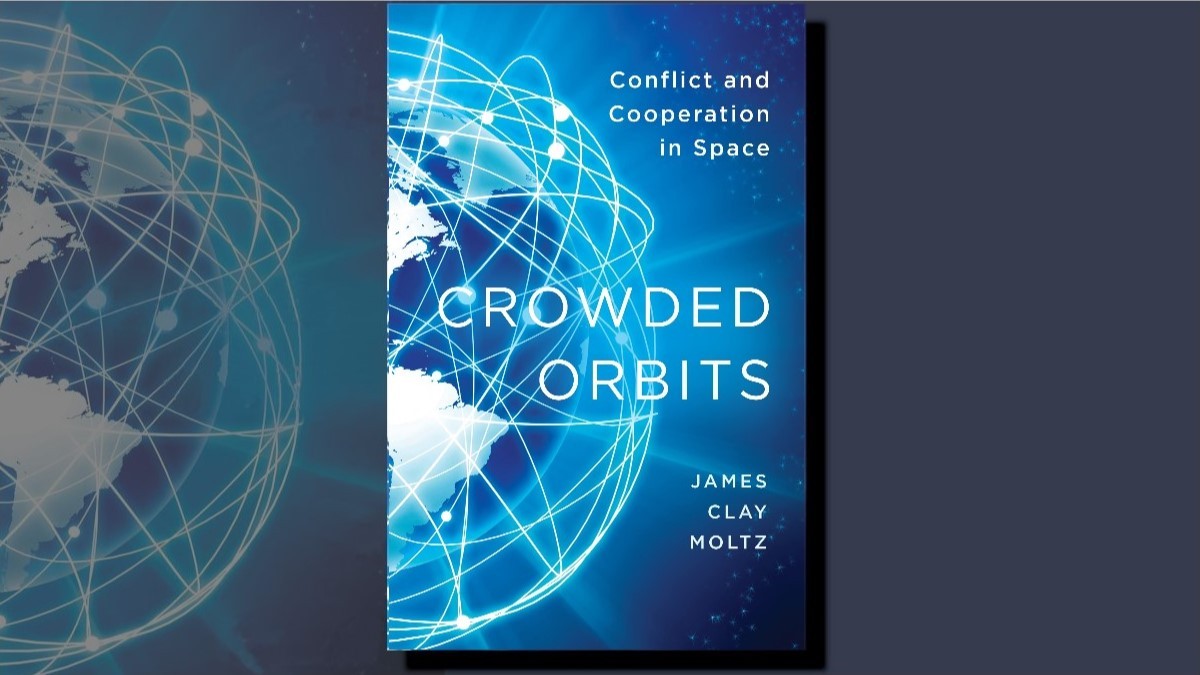Promotion Examinations
PROMOTION examination for officers of the Regular Army will be introduced as from June, 1949.
To assist candidates for both promotion and Staff College entrance examinations, part time courses will be arranged by Commands and Military Districts. It must be appreciated, however, that the raising of the Citizen Military Forces, and the increase in training activity generally, will throw a heavy burden on formation staffs. Time simply will not permit them to run comprehensive and lengthy examination classes covering all the subjects in the syllabus. Officers must, therefore, undertake a considerable amount of self study, particularly in the subjects of Military History and Current Affairs.
To assist officers to attack the problem in a practical way the undermentioned sources of material for study are suggested.
District Base Libraries, which are established in all Military Districts except 7 MD. In Victoria the Base Library is combined with the Defence Library situated in Victoria Barracks. Every officer on the active list is entitled to borrow books and periodicals from the Hase Library of the Military District in which he is serving.
District Base Libraries stock a wide range of books on service and related subjects. They are also supplied with copies of all the important service journals published in the British Commonwealth and the United States, and have on hand a wide range of periodicals devoted to international affairs and matters of general interest.
Army Education Service,—One of the functions of the Army Education Service is to assist all ranks with the study of subjects not strictly classed as military training. One of its “pet” subjects is “Current Affairs.” The Service maintains well stocked libraries in all Military Districts, and at the larger training establishments.
Students would be well advised to consult Army Education Officers on the selection of material for general background reading, and the study of international and current affairs.
United Service Institutions are semiofficial organizations established in all Military Districts, except 7 MD, for the purpose of encouraging the study of naval, military, and air an. Every officer should be a member.
The Institutions maintain well stocked lending libraries of service and related literature. In addition, they run regular series of lectures, many of which have a direct bearing on the subject matter of the promotion and Staff College entrance examinations.
Material for Study
In addition to the official manuals and pamphlets, the undermentioned material is recommended for study.
Military History.—Since the subject matter for the examinations will be drawn from the first three books in the list given below, candidates should make a close study of them. The remaining books are recommended for background reading and general “build-up.”
- Alamein to the River Sangro—Field Marshal Montgomery.
- Normandy to the Baltic—Field Marshal Montgomery.
- Tobruk—Chester Wilmot,
- Operation Victory—Maj-General Sir Francis de Guingand.
- Montgomery. A Biography — Alan Moorehead.
- British and American service journals, many of which contain articles bearing on the campaigns under study.
- Current Affairs.—The undermentioned material is available in District Base Libraries and nearly all good lending libraries.
- “The World To-Day”—Monthly. Great Britain. (Journal of the Royal Institute of International Affairs).
- “The National Review” — Monthly. Great Britain.
- “The Contemporary Review”—Monthly. Great Britain.
- “Foreign Affairs”—Quarterly. U.S.A.
- “Time”—Weekly, U.S.A.
- “Life” (International Edition)—Fortnightly. U.S.A.
- “The Australian Outlook”—Monthly. Australia (Journal of the Australian Institute of International Affairs).
- “Current Affairs Bulletin”—Australia. Issued regularly by the Commonwealth Office of Education, and obtainable from the Army Education Service. Every candidate should begin at once to build up a file of these bulletins.
All the more important metropolitan daily newspapers run regular features on international affairs. They make more profitable reading than the racing notes.
The commentators of the Australian Broadcasting Commission are all experts in the subjects on which they speak, while some of the subjects debated in the Commission’s “Forum of the Air” are good value. A suitable “listening schedule” can be compiled from the programmes published in the radio weeklies.
Learn by Experience
It is a wise man who learns by experience—the experience of others. The libraries mentioned in the foregoing paragraphs are full of experience, ancient and modern. The works on their shelves cover the whole gamut of man’s effort in the fields of statesmanship and war, from the sonorous passages of Gibbons “Decline and Fall of the Roman Empire” to the warm, human narrative of Private Bill Smith’s thoughts and actions at the Battle of Alamein.
The habit of regular, selective reading is the best method of enriching our minds with the experiences of the tens of thousands of soldiers, from generals to privates, whose thoughts and actions have been recorded in print. A rich and varied literature about World War II is already being created. Besides the books mentioned in this paper there are numerous biographies and personal narratives which help to colour and enliven the official volumes. Many of them are very human documents containing useful lessons on morale, administration, and man-management. In particular the service journals are full of articles analysing the experiences of the recent war from the point of view of statesmanship. strategy, tactics, equipment, and administration, together with suggestions for the application of the lessons adduced to present and future requirements.
Remember that in reading for study one must read with an alert, critical mind. Since we cannot read everything we must be selective. Get to know your way about your library, and get to know your librarian. For serious work select and study—not merely read—the works which have a direct bearing on the subjects you have in mind. Then, for recreation, read those with a less direct hearing.
At first glance these Promotion Examinations look like a pretty tough programme. They aren’t really. The syllabus was drawn up by experienced officers who have all been through the mill, many of them under much worse conditions than obtain to-day. The essential thing is to start working on them now, not next week or the week after that. Acquiring the habit of study is like starting off with a new motor car. There is a certain amount of “running in” to be done. After that the going is relatively easy.



